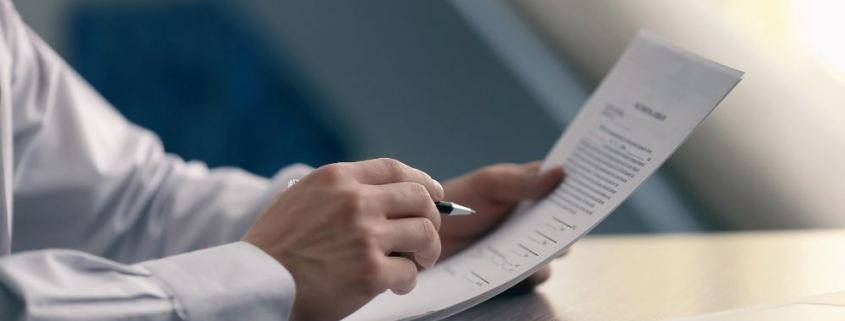The Key Documents You Need For Your Individual Income Tax Return (When Seeing Your Accountant)

Tax time often sneaks up faster than expected, and a little preparation can make your appointment with your accountant far more efficient—and stress-free.
Bringing the right documents ensures nothing is missed, and you can feel confident that your return is accurate and complete. Here’s a handy checklist of what to gather before your meeting.
- Identification and Personal Details
If it’s your first visit, bring along photo ID such as a driver’s licence or passport. Your accountant may also need your tax file number (TFN) and bank account details, so any refunds can be deposited directly. - Income Records
Most income details are pre-filled by the ATO these days, but it’s still a good idea to bring:
- Your most recent income statement (formerly called a payment summary or group certificate) from your employer.
- Any pension or government payment summaries (e.g. Centrelink, Veterans’ Affairs).
- Records of interest earned on bank accounts.
- Dividend statements from shares or managed funds.
- Details of any capital gains or losses from selling property, shares, or other investments.
- If you run a side hustle or freelance, bring business or contractor income records.
- Deduction Information
This is where tax savings are often found. Gather receipts, invoices, or statements for:
- Work-related expenses such as uniforms, protective clothing, tools, or professional subscriptions.
- Vehicle and travel records, like logbooks or kilometres travelled for work purposes.
- Home office expenses, especially if you work remotely. This can include internet, phone, and electricity.
- Education and training costs directly related to your current job.
The ATO is particular about evidence, so make sure you’ve kept receipts or digital copies. Even small amounts add up.
- Other Offsets and Deductions
Don’t forget items beyond work expenses, such as:
- Donations to registered charities (with receipts).
- Private health insurance statements.
- Income protection insurance premiums (if not paid by your super fund).
- Contributions you’ve made to your superannuation that may be tax-deductible.
- Last Year’s Tax Return
If you’re switching to a new accountant, bringing your previous year’s return can provide helpful context and ensure that nothing is overlooked.
Our Final Tip: Organisation Pays Off
The more organised you are, the smoother your appointment will run. Creating a folder—physical or digital—where you drop in relevant records throughout the year can save you a last-minute scramble.
Meeting with your accountant isn’t just about ticking off compliance—it’s an opportunity to discuss strategies to improve your financial position. With the right documents in hand, you’ll get the most value out of your tax return appointment.




